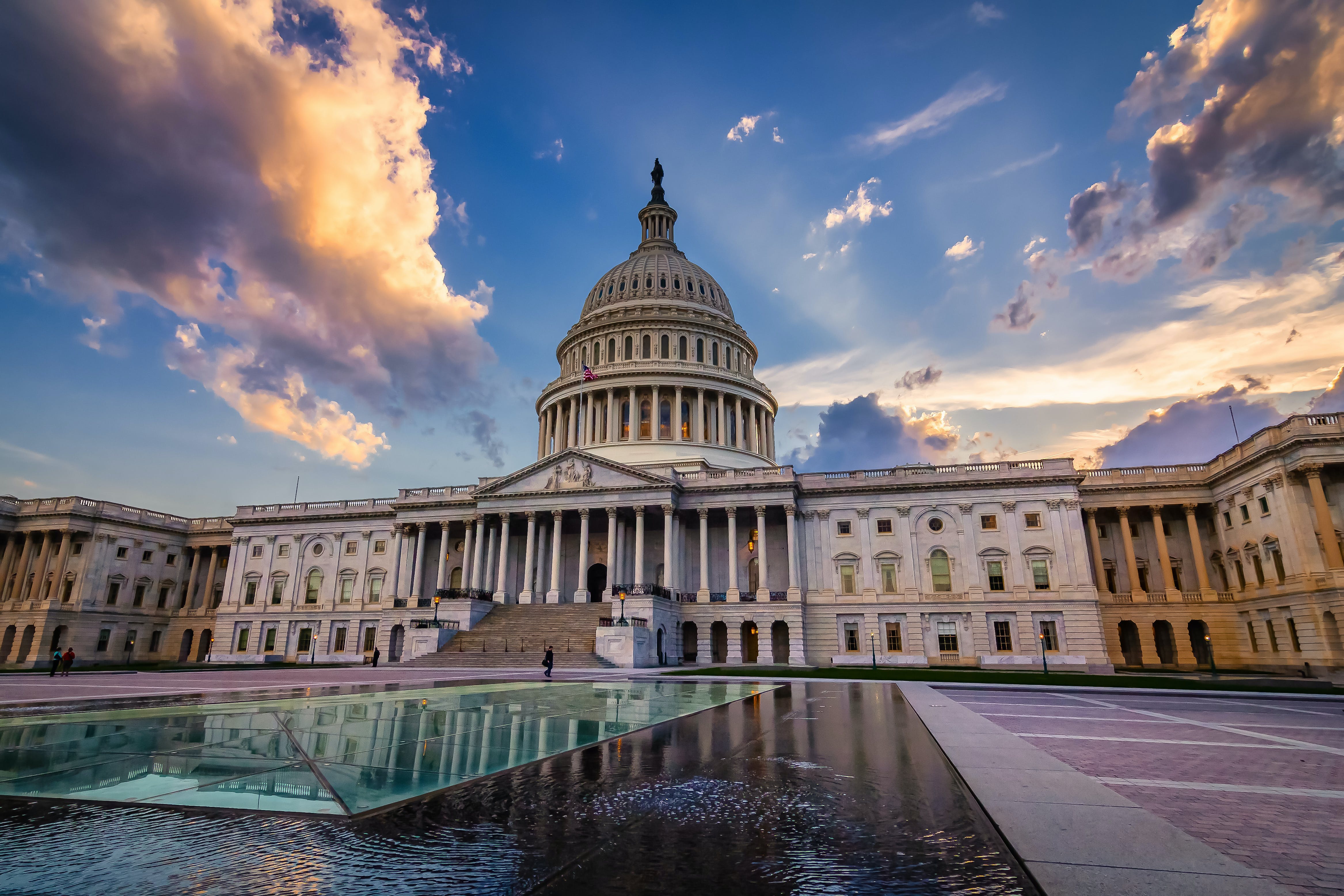-
White House Negotiates Revived Build Back Better Economic Plan
-
White House Negotiates Revived Build Back Better Economic Plan

The White House and congressional Democrats are in advanced talks on legislation that aims to revive pieces of the President’s Build Back Better plan. The focus of this paired back legislation would be to fight inflation, rein in the deficit, and restart parts of the White House’s stalled economic and energy agenda. The details of any potential deal remain in flux as negotiations are underway, but the package is expected to include federal investments in both clean energy and fossil fuels and capping the price of insulin. It would also further reduce the budget deficit and boost taxes on wealthy individuals and corporations.
President Biden met Wednesday with Senate Majority Leader Chuck Schumer and House Speaker Nancy Pelosi, with the trio discussing next steps on a fresh bill to pass through the reconciliation process. The White House called the measure their “shared agenda of tackling inflation and lowering prices and transitioning from a historic economic recovery to stable, steady growth.” They also indicated that an agreement could come together as soon as next week, but is likely to take longer with many details yet to be resolved. Climate provisions are a particularly tricky area, and differences could still nix a deal. The President has hinted at a coming agreement, framing the legislation primarily as a move to cool consumer-price increases, which unexpectedly accelerated to an annual 8.6% in May.
The talks have largely narrowed to two men: Senators Schumer and Manchin. The basis for their discussions is legislation the House passed last year that would raise federal revenue by $1.5 trillion over a decade. The House bill included a surtax on wealthy Americans, expanded levies on investments, had a 15% minimum rate for corporations and a tax on stock buybacks. Savings in drug costs could push revenues in the bill to $1.8 trillion over a decade. Senator Manchin has insisted that at least half of the new tax revenue in the bill go to reducing the deficit. Senator Kyrsten Sinema, however, has signaled objections to many tax increases, leaving unclear which revenue measures might make a final agreement.
The President pushed for an expanded variation of this legislation in last year’s economic plan, but it lacked enough support to pass the Senate. Democrats need all 50 of their Senate caucus members to pass legislation in the 100-seat chamber under the budget-reconciliation process, which can bypass a filibuster. Proponents of the legislation are aiming for a deal soon that can pass before Members of Congress leave for their annual August recess. After that, lawmakers will have little time to legislate as they focus on their re-election campaigns.
Written by Primacy Strategy Group
Tell a Friend
-
A catalyst for growth and prosperity.

